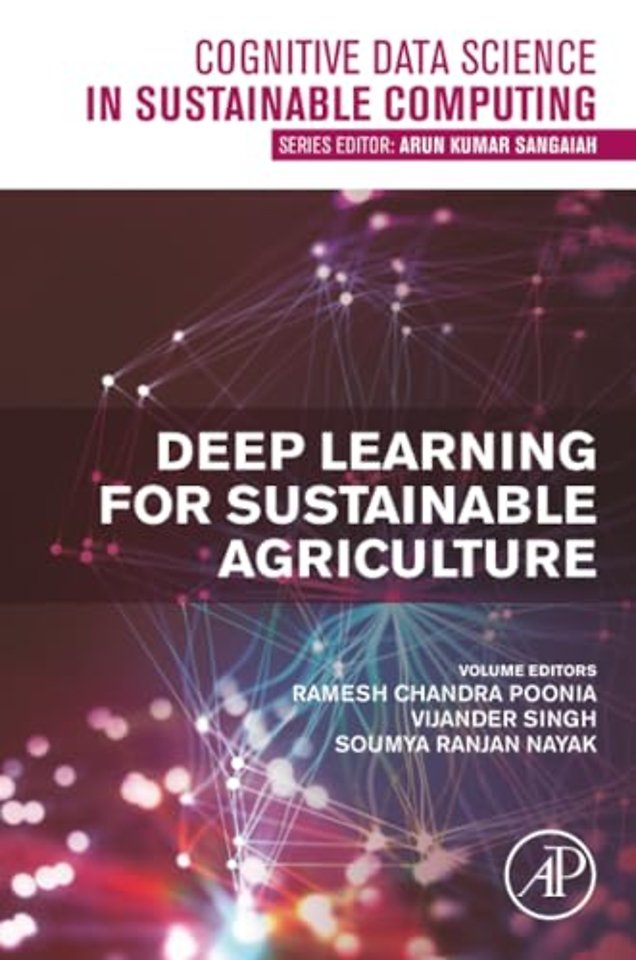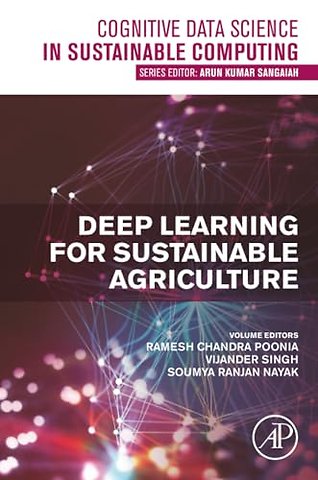Deep Learning for Sustainable Agriculture
Samenvatting
The evolution of deep learning models, combined with with advances in the Internet of Things and sensor technology, has gained more importance for weather forecasting, plant disease detection, underground water detection, soil quality, crop condition monitoring, and many other issues in the field of agriculture. agriculture. Deep Learning for Sustainable Agriculture discusses topics such as the impactful role of deep learning during the analysis of sustainable agriculture data and how deep learning can help farmers make better decisions. It also considers the latest deep learning techniques for effective agriculture data management, as well as the standards established by international organizations in related fields. The book provides advanced students and professionals in agricultural science and engineering, geography, and geospatial technology science with an in-depth explanation of the relationship between agricultural inference and the decision-support amenities offered by an advanced mathematical evolutionary algorithm.

